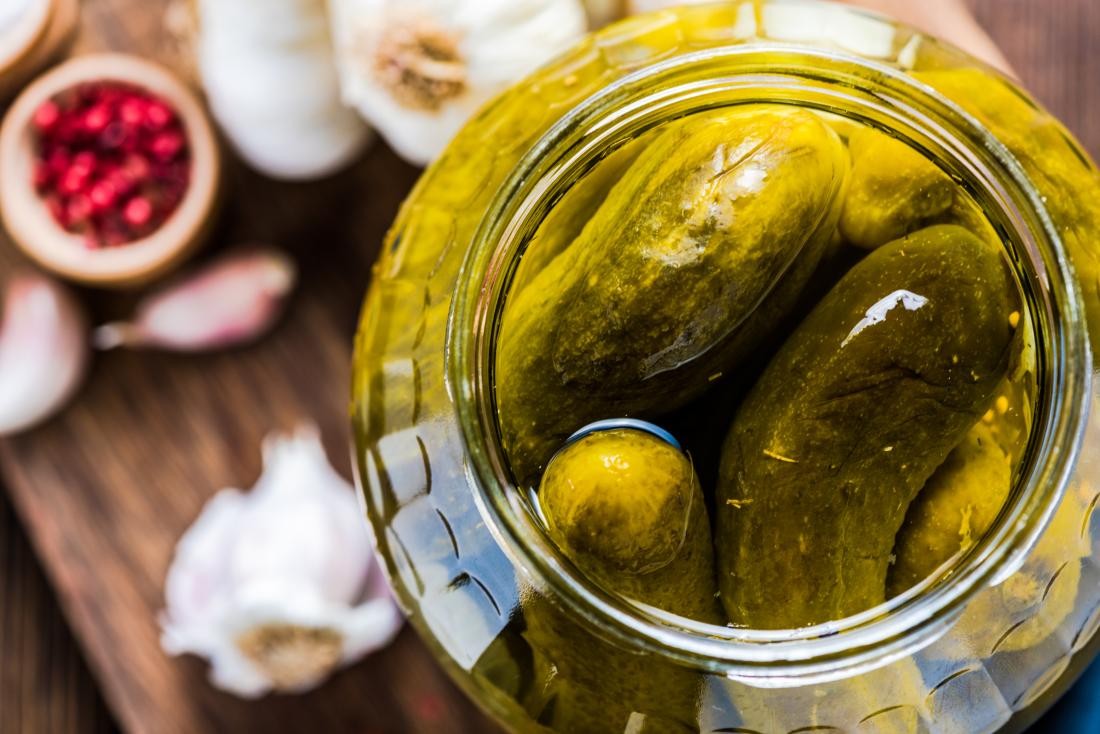When American tennis player Frances Tiafoe said pickle juice had helped him reach the quarter-finals of the Australian Open, plenty of people were a little taken aback/grossed out.
After all, who swigs the remnants of a jar of pickles to boost their sporting performance?
More people than you might think, actually.
So it taste bad, but does it actually work. The answer is YES.
Dr Mayur Ranchordas – a senior lecturer in sport nutrition and exercise metabolism at Sheffield Hallam University – has used the technique with professional cyclists and Premier League footballers.
And while, he says, the results are compelling, it is not necessarily for the reasons you might initially expect.
“Pickle juice contains sodium, potassium and vinegar and the obvious conclusion would be that it replaces sodium and salts lost when playing sport in a hot and humid environment like the Australian Open thus prevent cramping,” said Dr Ranchordas.
“However, how it really works is that it triggers a reflex in the mouth which sends a signal to stop muscles from cramping. That’s why it is drank at the onset of cramp.
“It stops cramping 40% faster than drinking water.”
Dr Ranchordas says it is particularly effective as a treatment for cramps in warmer conditions or when sporting occasions last longer than anticipated – be it a five-set tennis match or in extra time of a football game.
What else is it good for?
The internet is full of stories of how pickle juice can cure alcohol-induced hangovers. One website even suggests pickle brine is the definitive hangover cure in some eastern European countries.
Throw in the fact it contains antioxidants, is said to help control blood sugar levels and boost gut health and you’re on to a winner next time you reach for a nice refreshing glass of the stuff.
And the craziest thing of all?
It is actually good for your breath, because it kills bacteria which breed in your mouth and create a stink.




